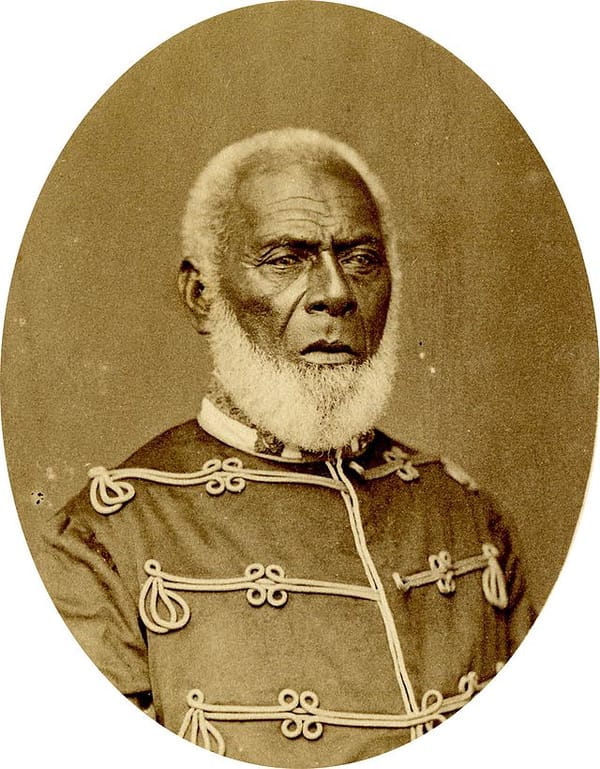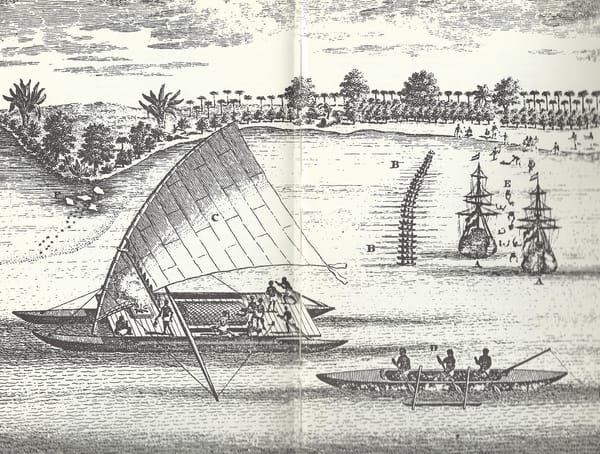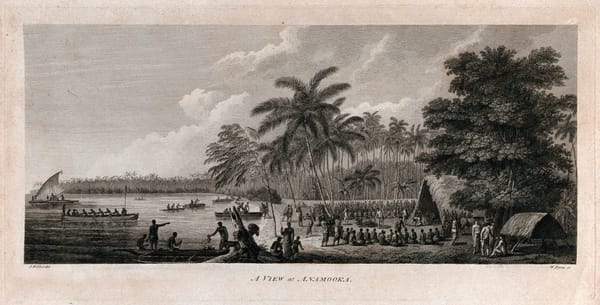Exploring the Rich Tapestry of Tonga: A Quick Journey Through Its Storied History

Introduction
Tonga, an archipelago in the southwestern Pacific Ocean, boasts a history that dates back to the ninth century BC when seafarers associated with the Lapita diaspora first settled its islands. This article will delve into the captivating history of Tonga, exploring its cultural evolution, early inhabitants, European influences, and the establishment of a constitutional monarchy.
Early Settlement and Polynesian Cultures
Tonga's history begins around 3,000 years ago when Austronesian-speaking people of the Lapita culture first inhabited the islands. These early settlers laid the foundation for the birthplace of Polynesian cultures, contributing to the vibrant tapestry of Pacific colonization.
European Arrivals and Missionary Influence
European exploration and contact with Tonga occurred in the 17th century. Missionaries played a crucial role, influencing both culture and governance. The interplay between indigenous traditions and external influences shaped Tonga's unique identity.
Unification and Constitutional Monarchy
In 1845, King George Tupou I united the Tongan islands, establishing the groundwork for a constitutional monarchy in 1875. Despite recognition by the international community, Tonga maintained its sovereignty, navigating the challenges of the changing global landscape.
Conclusion
Tonga's history is a captivating narrative of resilience, cultural amalgamation, and sovereignty. As we reflect on the past, we gain a deeper appreciation for the rich heritage that defines this Pacific island nation.




